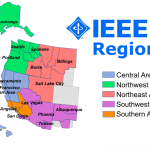In a collaboration of the US National Science Foundation, the IEEE and the Group on Earth Observations, the NSF-funded Ocean Research Collaboration Network is proud to announce the next webinar in the series “Blue Marvel – Ocean Mysteries” will be “A Century of Discovery” by Gwyn Griffiths, lately chief technologist at the UK National Oceanography Centre.
The webinar will be broadcast Tuesday, September 10, 2013 1:00 PM EDT (10:00 AM PDT).
Register for the seminar at www.oceanmysteries.net. Registration is required. There is no charge.
Abstract:
A Century of Discovery: How Three Research Ships Named “Discovery” Unveiled the Ocean’s Mysteries
Concern over the effects that oceans and people have on one another may seem rather modern.
Not so.
In September 1925, the Royal Research Ship Discovery sailed for the Southern Ocean to investigate over-fishing of whales. The expedition had two imperatives, one economic and the other ecological: To find a way to preserve revenues from whaling factory-ship licences, and to preserve the whales from extinction.
For more than 25 years, using some apparatus that changed little and other apparatus that grew in sophistication, the “Discovery Investigations” contributed enormously to our knowledge of the biology, physics and chemistry of the Southern Ocean.
The facilities provided by the purpose-designed Discovery II (1929 to 1961) evolved slowly, but a third RRS Discovery, commissioned in 1962, transformed the UK’s capability for deep-sea oceanography. In service until 2012, she provided a floating laboratory and a delivery system for deploying instruments—including, perhaps most impressively, the array that has spanned the Atlantic since 2004 to measure the thermohaline circulation, of critical importance to the climate of Western Europe. This key transport mechanism has shown a great deal of variability at seasonal and shorter timescales, casting doubt over conclusions drawn from sporadic ship observations alone—demonstrating yet again the perils of infringing Nyquist’s sampling theorem. The latest Discovery also helped pioneer the next phase of ocean research, serving as mother ship for robotic vehicles that probe the deeps beneath the surface and the air above.
The absolute necessity of maintaining a modern, capable research vessel fleet convinced the UK government to build a new Discovery for the 21st century. Entering service in 2014, she will provide a platform for ocean science for the next 50 years.
Speaker:
Gwyn Griffiths was, until 2012, Chief Technologist at the UK’s National Oceanography Centre. Six weeks after joining the Institute of Oceanographic Sciences in 1976, he first sailed on the Royal Research Ship Discovery as an instrumentation engineer. His early research focused on measurement of ocean currents using electromagnetic and acoustic Doppler instruments. Then, in 1993, he assumed responsibility for driving forward the Autosub programme, developing autonomous underwater vehicles. He has a passionate interest in the history of the development of oceanography, and a particular interest in ships that, since 1602, have carried the name Discovery. Griffiths is now a consultant in autonomous ocean systems.










